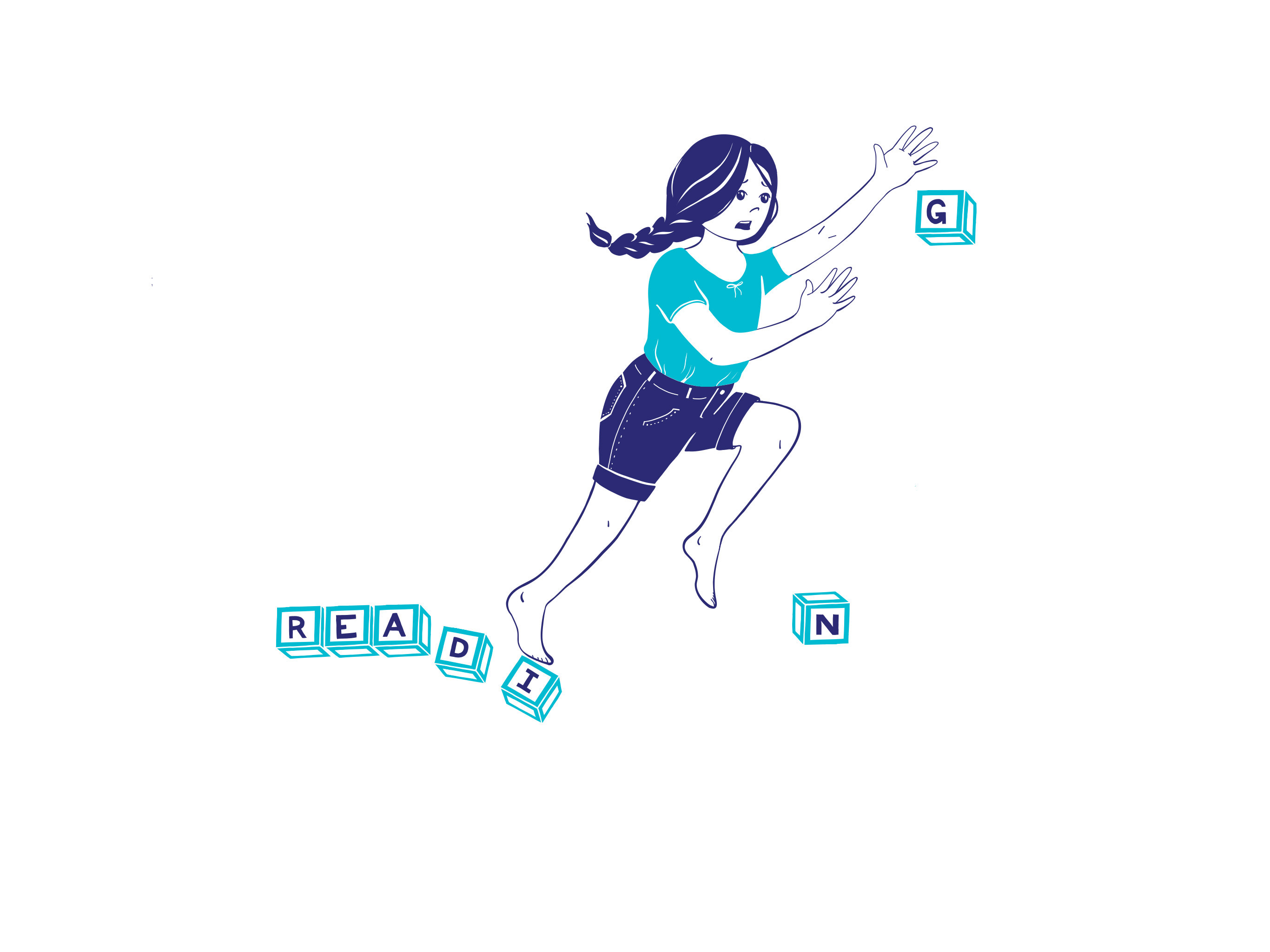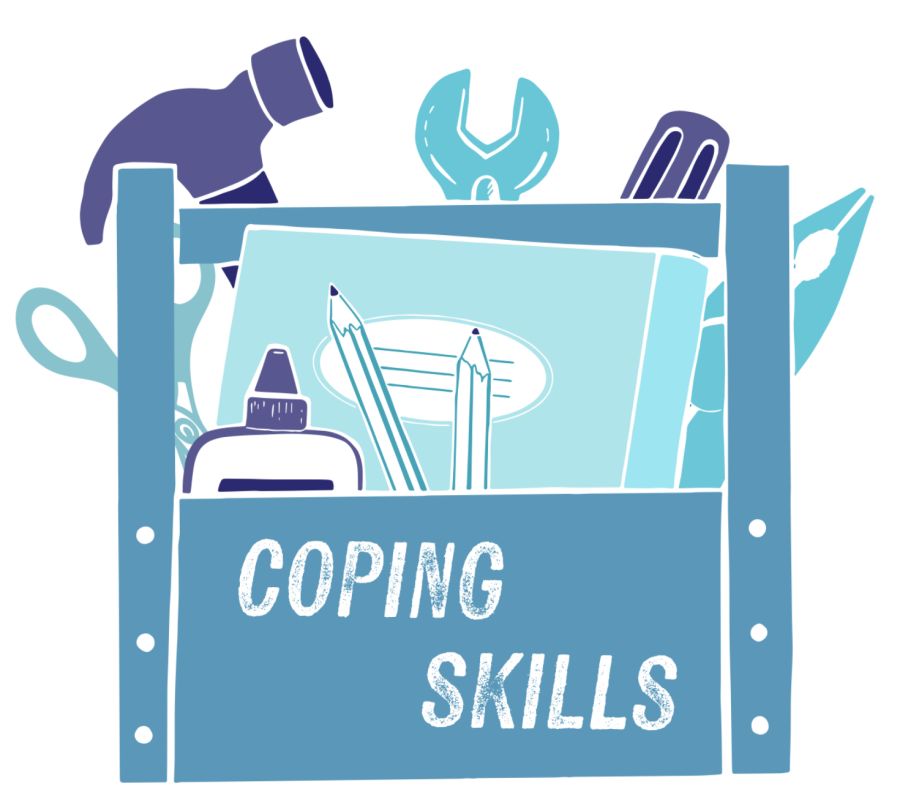COVID and Young Readers

It has been over two years since the pandemic first arrived. Just seeing the word “covid” in an article title might fill you with a sense of dread. Even though it is a topic we would all rather forget about, it is still important to talk about the effects it has had, especially on younger generations.
When schools shut down in 2019 most found that they were wildly underprepared to take on the challenges of virtual learning. With administrators, teachers, and parents all trying their best to make things work, we managed to make it through the worst of the pandemic. Even so, the loss of instruction time had a very real impact on our students. The subjects most affected by the pandemic were math and reading. In this blog we are just going to focus on reading.
On top of lost instruction time, teachers and students had to deal with poor internet connection, limited materials, and long hours staring at a screen. Not to mention the isolation from fellow peers. So of course these students were going to have lower grades and fall behind. They had so much on their plates, and had to figure things out at the same time the adults were. It is completely understandable how we ended up here, but now it is time to get caught up. While there is no research available to tell us how kids recover academically from a global event such as this, most researchers believe the effects are reversible.
The simplest solution is to make up for the lost time with extra help. Tutoring in subjects that need more explanation and instruction can significantly raise students' grades. This has been the most effective with reading help for elementary students. “Why reading?” you ask? Reading skills are a vital part of instruction in all other subjects. If a student struggles with basic sounds, chunking or comprehension they will begin to fall behind as lessons in other subjects start to introduce longer and more advanced vocabulary. If we focus on reading first, you will naturally see a raise in other grades as the student can now comprehend and understand more of the material.
The recovery time will vary for each student. Some will be able to bounce back pretty quickly, while others will need more time. No matter what, it is important that we encourage our kids to learn. Remember that everyone is in the same boat, and it is not their fault for missing class time. Don’t give up, because it might require more work now, but in the long run it will all pay off.
Annalyse Tanzos
Related Articles That Might
Interest You

Neurodivergent Special Interest

Coping Skill( CBT techniques and DBT techniques)
